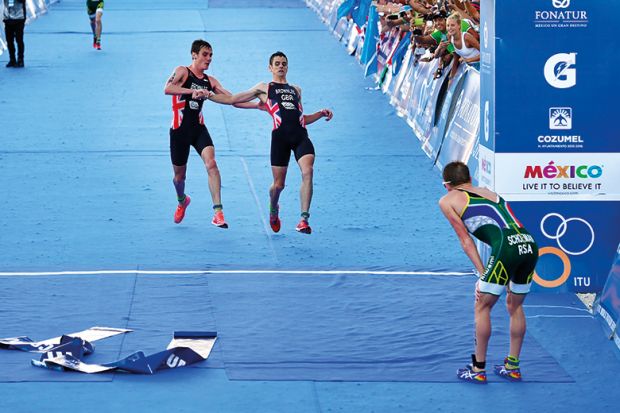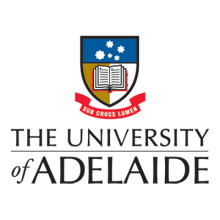Universities can improve their PhD completion rates by using metrics to assess the performance of supervisors, a conference has heard.
Richard Russell, a former pro vice-chancellor for research operations at the University of Adelaide, told the Third International Conference on Developments in Doctoral Education and Training that, while everyone knew academics who “should never have been allowed to supervise PhDs”, institutions that tolerated this were “failing in their duty of care”.
At the event, organised by the UK Council for Graduate Education, Professor Russell explained how leading research universities in Australia’s Group of Eight had agreed to require the formal training and registration of doctoral supervisors as long ago as 2004-05. More recently, Adelaide had realised that it “needed to optimise candidatures to hold our levels of funding and scholarships”.
All supervisors were therefore assessed on their number of past students, current “load”, and an index designed to capture “outcomes versus opportunities”. The university was keen to reward supervisors for "timely" completions, other completions and "student rescues”, when someone about to abandon a thesis was persuaded to stay on. It wanted to penalise non-completions and withdrawals owing to dissatisfaction with supervisors, but to remain neutral about early withdrawals, student-initiated withdrawals for non-academic reasons and failed rescue attempts.
The result, Professor Russell said, was a much more effective system for classifying and tracking the performance of supervisors. This has led to problems being addressed earlier, the removal of “totally unsatisfactory supervisors” and an 8 per cent increase in timely completions.
Staff have bought into it because they can use the results to support applications for promotion, and the university can demonstrate “the efforts made to reduce unnecessary wastage” when “arguing for additional scholarship support”, according to Professor Russell, who said that behaviour such as “dragging failing students out” until their scholarships run out is no longer seen as appropriate.
Delegates to the conference, held at Stratford-upon-Avon on 4 to 5 April, also heard from David Bogle, head of the graduate school at University College London, who spoke on behalf of the League of European Research Universities. Universities’ goal, he said, must be to create doctoral graduates who were “creative, critical, autonomous intellectual risk-takers” and could act as “drivers of their professional development”. With skills development now “the cornerstone of the modern doctorate”, institutions should start thinking of the candidate as the central “product” and the thesis as just an important piece of supporting evidence, Professor Bogle said.
The conference ended with a presentation by David Uribe, head of the European University Association’s Council for Doctoral Education. At a time when only “4 per cent of doctoral holders end up working in academia”, he stressed the importance of “rais[ing] awareness among doctoral candidates of the importance of recognising and enhancing the skills that they develop and acquire through research”.
Register to continue
Why register?
- Registration is free and only takes a moment
- Once registered, you can read 3 articles a month
- Sign up for our newsletter
Subscribe
Or subscribe for unlimited access to:
- Unlimited access to news, views, insights & reviews
- Digital editions
- Digital access to THE’s university and college rankings analysis
Already registered or a current subscriber? Login










